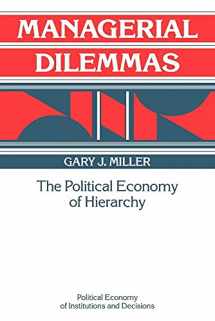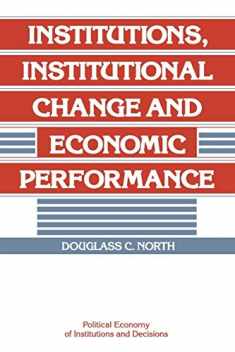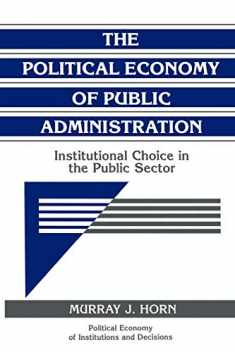
Managerial Dilemmas: The Political Economy of Hierarchy (Political Economy of Institutions and Decisions)
Book details
Summary
Description
In organization theory a schism has developed between the traditional organizational behavior literature, based in psychology, sociology and political science, and the more analytically rigorous field of organizational economics. The former stresses the importance of managerial leadership and cooperation among employees, while the latter focuses on the engineering of incentive systems that will induce efficiency, and profitability, by rewarding worker self-interest. In this innovative book, Gary Miller bridges the gap between these literatures. He demonstrates that it is impossible to design an incentive system based on self-interest that will effectively discipline all subordinates and superiors and obviate or overcome the roles of political conflict, collective action, and leadership in an organization. Applying game theory to the analysis of the roles of cooperation and political leadership in organizational hierarchies, he concludes that the organization whose managers can inspire cooperation and the transcendence of short-term interest in its employees enjoys a competitive advantage.


We would LOVE it if you could help us and other readers by reviewing the book
Book review





